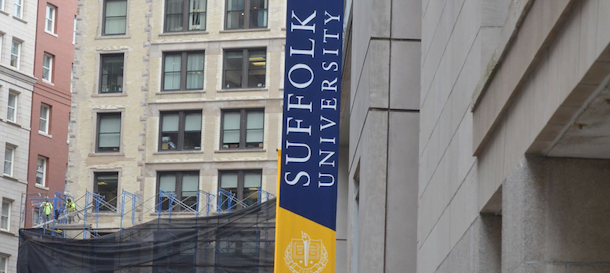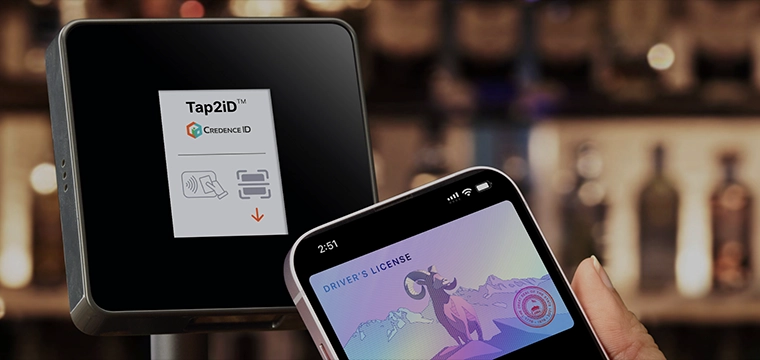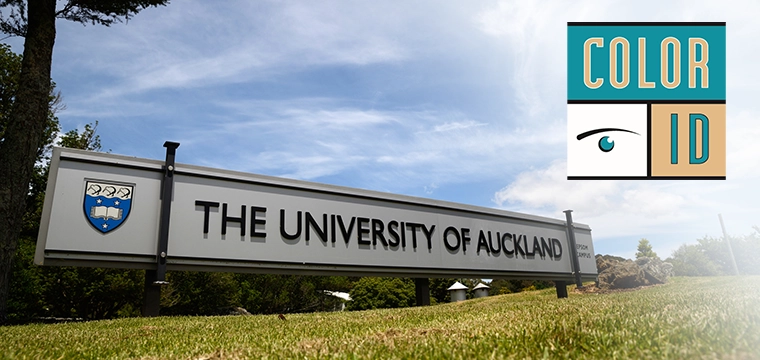
Suffolk University has developed a way to leverage its campus card transaction system to ensure that student vaccine status is in keeping with the university’s protocols for facility access.
Like many institutions across the country, Suffolk University required students and staff to be vaccinated, or obtain an exemption, in order to return to campus in the fall. This posed a new challenge with regards to building access and transaction privileges.
“The challenge was the need to deny access and alert appropriate university departments in the event that a person without the required vaccination or exemption status was on campus,” says Mikhail Ilin, Director of Card Services at Suffolk University.
Ilin and his team turned to access control applications run by Campus Card Services looking for a potential solution. The result is that Suffolk is now leveraging features in CS Access, a CBORD product, to not only deny access, but also alert an desk attendants, and email the teams responsible for campus safety.
“During the COVID crisis we discovered many issues and have tried to formulate processes that reduce bottlenecks while informing our users. In this case, Mikhail and Wes developed an elegant little solution for our issue of vaccination status notifications,” says Kurt Hentschel, Director of Campus Services at Suffolk University. “This should allow us to keep our buildings secure while efficiently providing timely information to the administration to deal with the patrons requiring additional assistance.”
Using the tools embedded within CS Access, Ilin explains the process that he and the team at Suffolk created.
“First we will use a SQL import to intake data and add patron alarm to card holders still needing to obtain vaccination clearance,” says Ilin. “Patron alarm will display a message to security officer using access monitor that would say patron is denied access because of their vaccination clearance.”
From there a custom-designed alarm will trigger an email to the team stating the person in question presented their card at a given location and time, and they were denied access because of vaccination status, explains Ilin.
All of these tools were already available in CS Access, and it took a few days for Ilin working alongside Wesley Urban, Solutions Architect at CBORD, to come up with a process. Ilin credits the annual CBORD User Group Conference in large part for making this happen.
“It’s exciting to see how CS Access could be used by a customer like Mikhail,” says Urban. “Mikhail’s team utilized different tools that were already built into the software, which speaks to the power and flexibility of CBORD solutions.”
“Our customers really think outside of the box and work together through networking opportunities to find the answers to their problems,” adds Urban.
Ilin further credits the collaborative environment at CBORD’s UGC event for helping to arrive at a workable solution.
“I’ve attended UGC for multiple years and there were several presentations by CBORD campuses where we were trained to think outside the box, using existing products, putting them together and coming up with something brand new,” says Ilin. “Beyond classes there is networking and relationship building.”
“I spent many hours with Wes at the UGC technology pavilion brainstorming,” he adds. “Having worked with Wes at UGC, I felt very comfortable reaching out to him with this enhancement and together we built something that previously did not exist.”
After a successful rollout in August, Suffolk has decided to use the same methodology for COVID testing compliance and booster requirements going forward.




